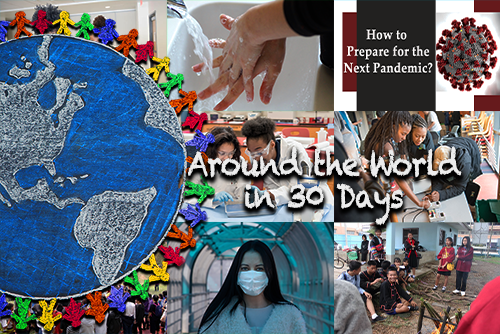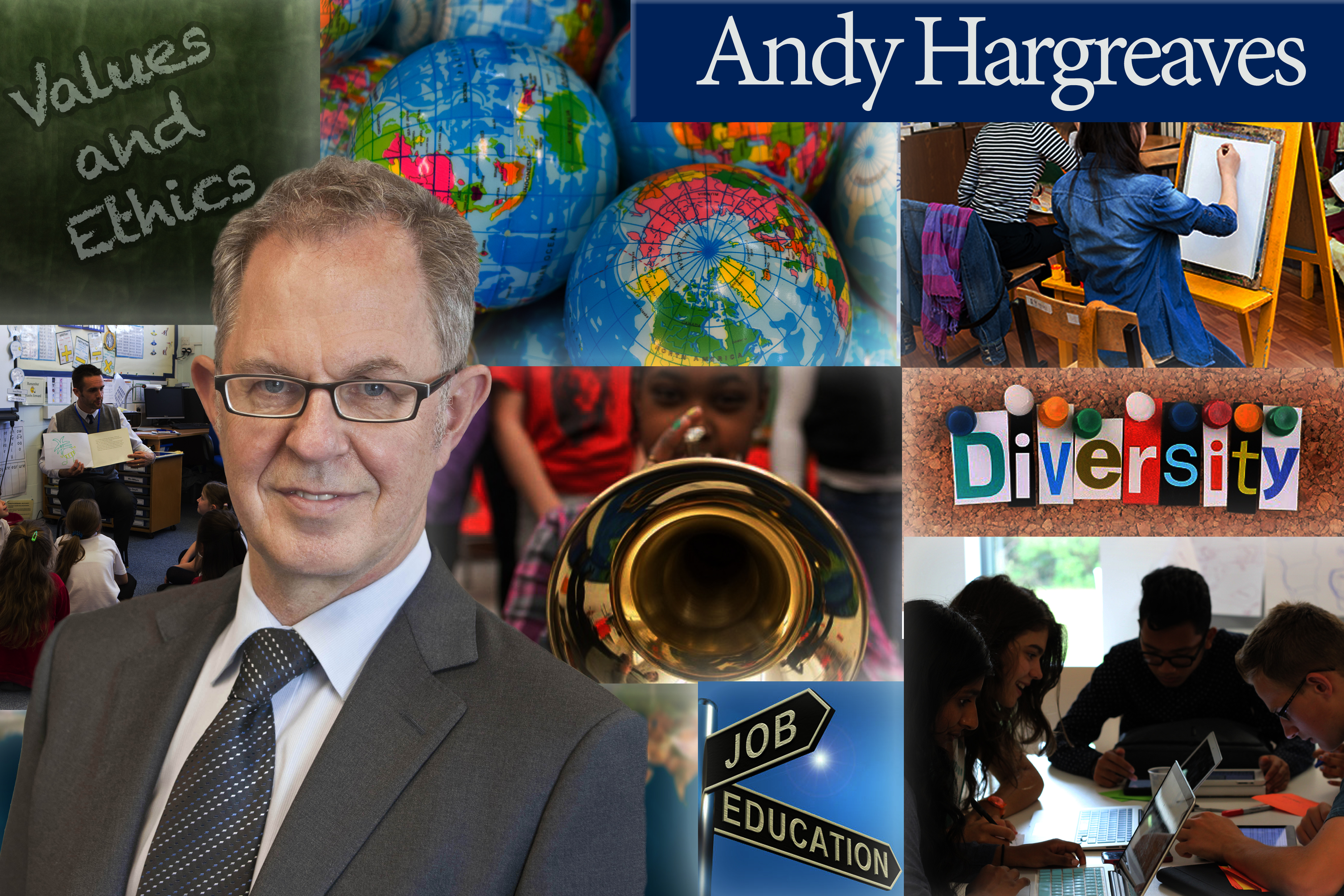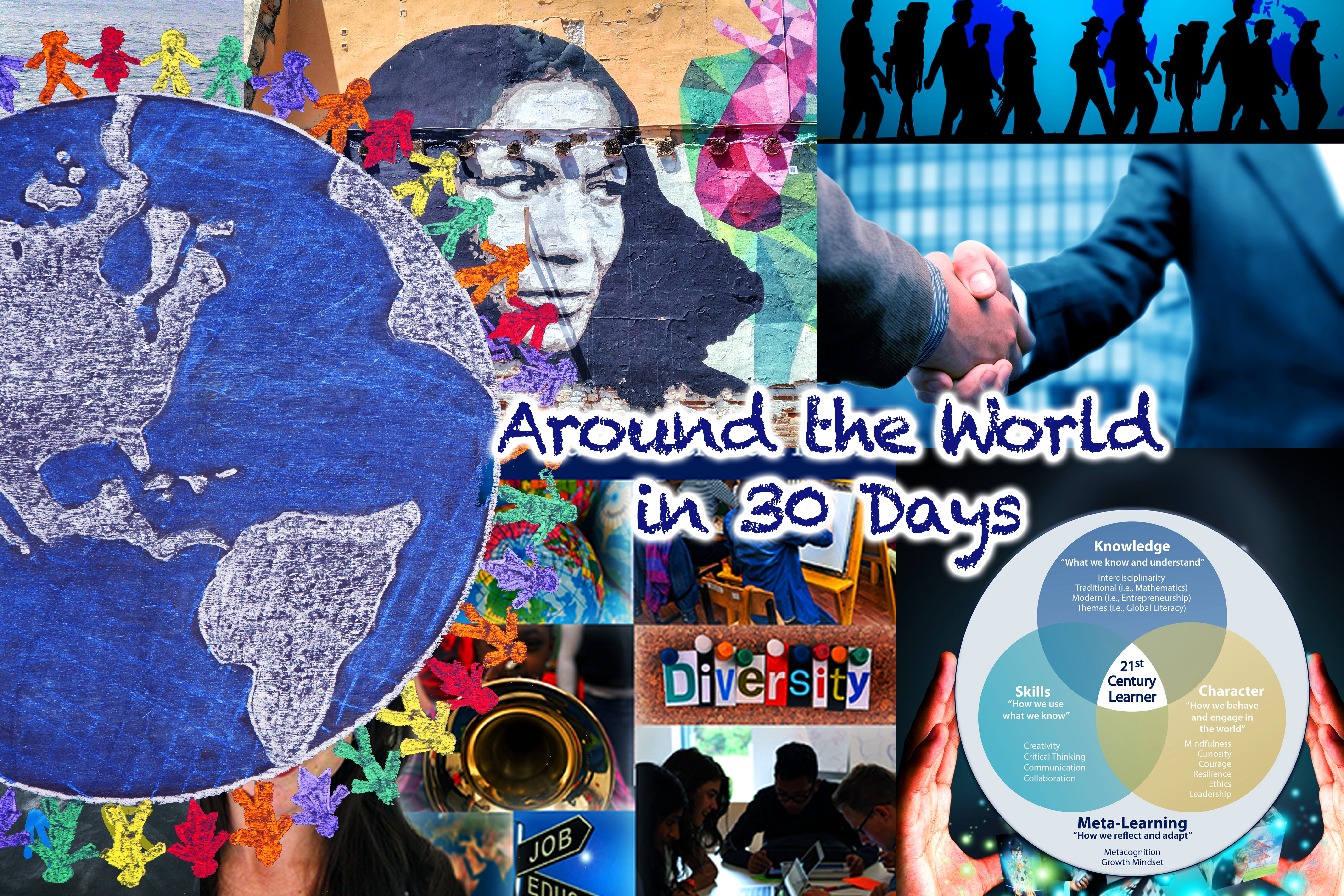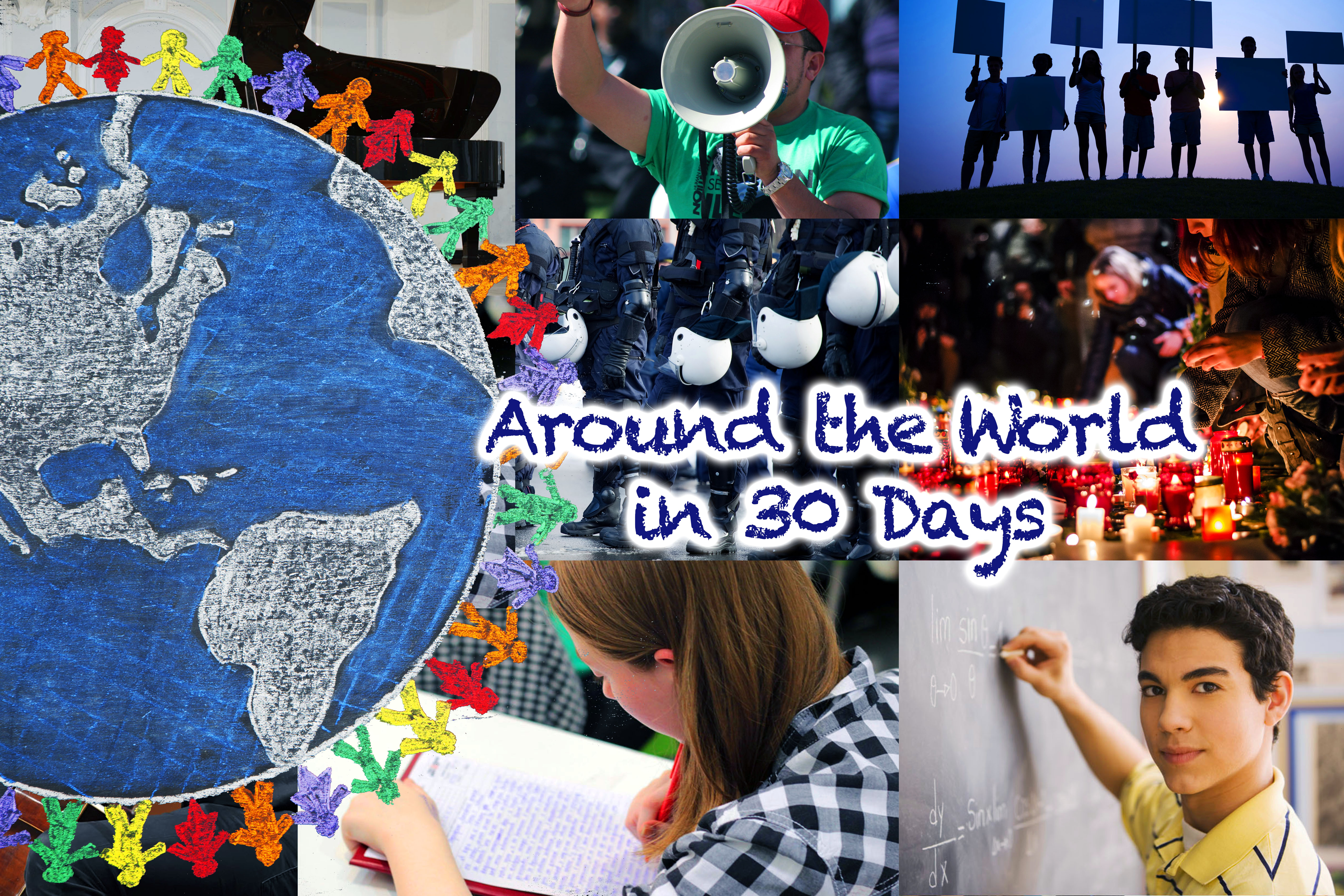
C.M. Rubin’s Global Education Report
Young people have the power to change the world.
Coronavirus,climate change, violence, inequality, inclusivity, job automation and democracies in crisis are some of the global challenges they are experiencing in these unprecedented times. How would they solve these problems? This month in The Global Search for Education, we asked students all over the world to submit a video story about the problem they most want to solve.
College and career readiness programs can break the cycle of poverty by linking youth to college and jobs that give them a purpose and a pathway. How do we reach these students and present them with meaningful opportunities while they are still in school? OPDC’s School to Career (S2C) youth program prepares at-risk youth for college and future career success. The program offers high school students academic support such as free tutoring for examinations, paid internship opportunities with companies in the city of Pittsburgh, and assistance in the college application process. The Global Search for Education invited Program Director Karla Stallworth to learn more.
Traditional classrooms are closed. Hundreds of millions of children all over the world are now learning from home. Can technology — supported by tech-savvy, innovative educators — create the right environment and the right method so learning can continue seamlessly? How are schools moving learning online in a hurry? We invited six Top Global Educators to share videos explaining how they are orchestrating and managing distance learning in the midst of the COVID-19 pandemic.
Established in Mexico in 1997, the Redes de Tutoria educational movement moves away from the traditional school model in which the teacher teaches the curriculum and all the students are expected to work at the same pace in the classroom. In the Tutoria model, students are guided by teachers but are self-directed learners. They focus on inquiry-based learning projects called ‘Temas’. In this learning model, process is more important than the final answer. Students often explore many solutions to a Tema, and when a Tema is finished, each student must present his/her work to the class. This creates a shared learning culture among a school community of learners. The Global Search for Education welcomed one of the principals of the movement, Meixi, to learn more.
C. M. Rubin (Cathy) is the founder of CMRubinWorld, an online publishing company focused on the future of global learning, and the co-founder of Planet Classroom. She is the author of three best-selling books and two widely read online series. Rubin received 3 Upton Sinclair Awards for The Global Search for Education. The series, which advocates for Youth, was launched in 2010 and brings together distinguished thought leaders from around the world to explore the key education issues faced by nations.
Follow C. M. Rubin on Twitter:www.twitter.com/@CMRubinWorld





Recent Comments